Virtual conference on language and the origin of Latin American music
Virtual conference on language and the origin of Latin American music
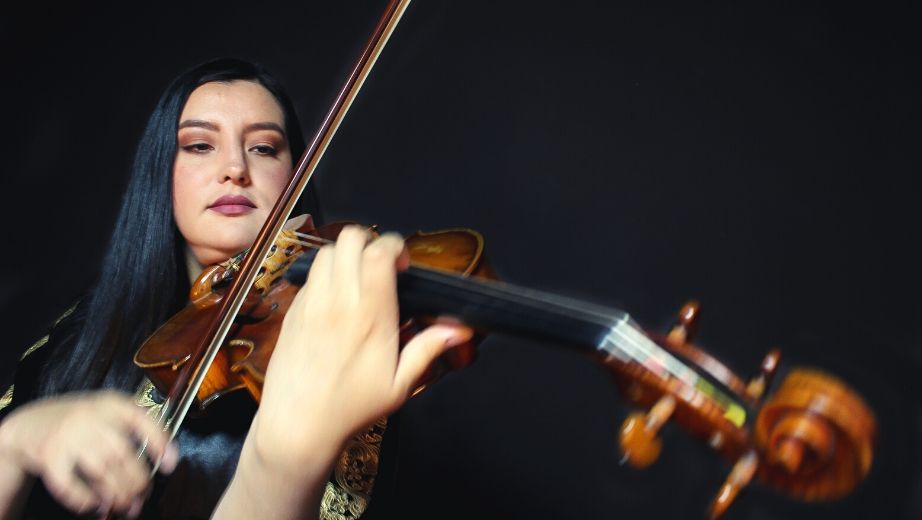
Students and professors who are part of the university's cultural group, as well as the overall public were part of two virtual conferences on Latin American musical language and vocal music which were organized by Karol Caicedo, director of the choir group in our branch campus in Quito.
In the first conference, Karol Caicedo spoke about the development of music since the 17th century, when instruments were improved and this helped change sounds and the technique. "The style that marked this era was the baroque with the obligatory presence of the basso continuo; the development tonal harmony and its own instrumental language unlike the vocal one," she said.
She also pointed out that the diffusion of more "well educated music" through philharmonic societies, choirs and concerts began in the 19th century, giving way to a national musical style. "Classical music was extremely diverse in the 20th century. At that time, technological advances played an important role because they facilitated access to the gramophone for the reproduction of music recorded on discs to media such as radio, television and later on digital media,", she recalled.
In the second conference, Caicedo presented characteristics of Latin American musical language. She stressed that the musical proposals originated from social discontent and the appropriation of a language that integrated other cultures with an emphasis on emotions. "Regarding Ecuador, music of mestizo origin in the 20th century was considered popular and artisanal and was seen in the wealthy class as something picturesque and even despicable."
Finally, she highlighted that "limiting Latin American language only to the popular genre implies an ignorance of academic tradition because it is a mosaic of trends and languages that give it its own character and harmonious color."
Both talks were broadcast on Facebook Live @CulturaUPS, where the directors of the university's groups organize virtual talks on topics related to art and culture.

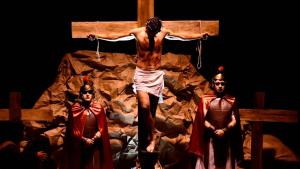
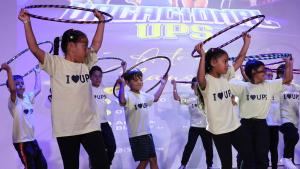
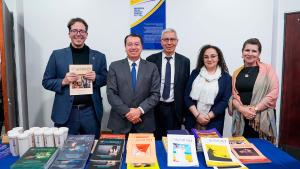
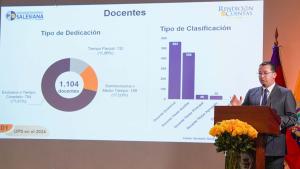
Follow us
Follow us